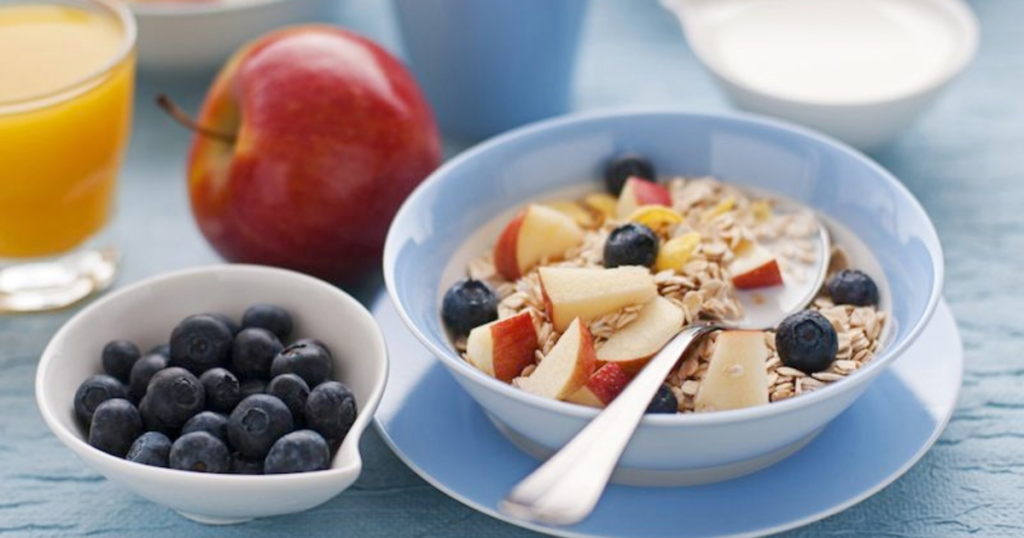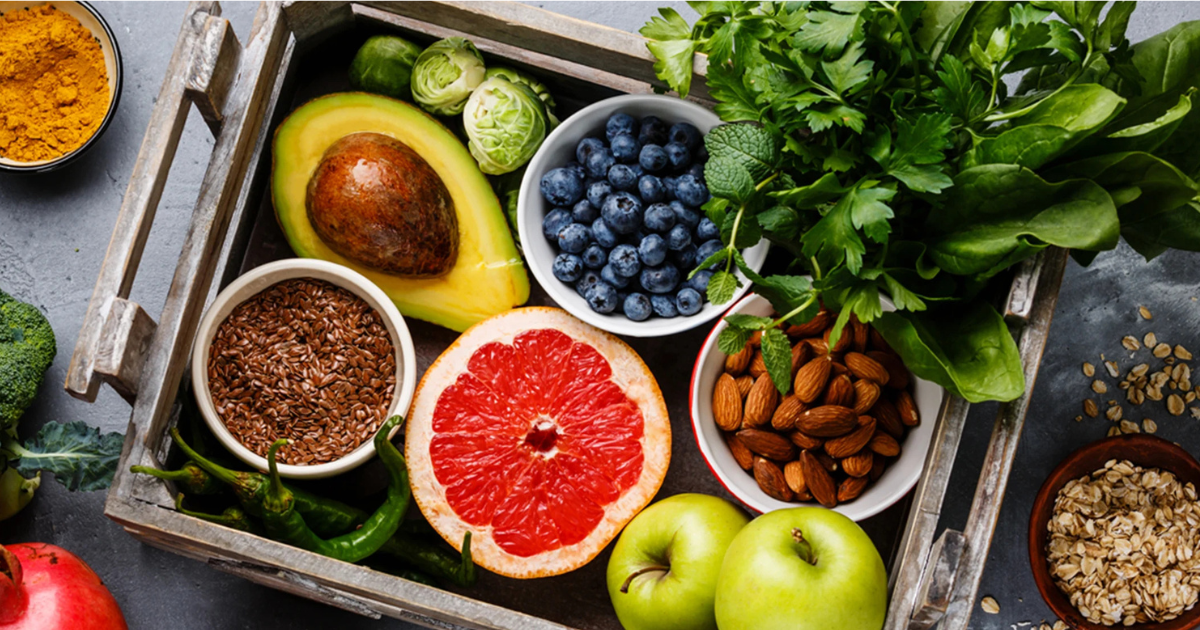Good nutrition is the foundation of a healthy life. A balanced diet not only fuels your body but also helps prevent chronic diseases, improves mental well-being, and boosts energy levels. If you’re looking to make positive changes in your diet, follow these 10 essential nutrition tips to support a healthier lifestyle.
A balanced diet provides all the essential nutrients your body needs to function properly.
- Include a variety of fruits and vegetables.
- Consume lean proteins like fish, chicken, tofu, and legumes.
- Opt for whole grains such as brown rice, quinoa, and whole wheat bread.
- Include healthy fats like avocados, nuts, and olive oil.
- Limit processed and sugary foods.
Water is essential for digestion, nutrient absorption, and toxin elimination.
- Drink at least 8 glasses of water daily.
- Carry a reusable water bottle for easy access.
- Eat water-rich foods like cucumbers, oranges, and watermelon.
- Limit sugary drinks and excessive caffeine intake.
Overeating, even healthy foods, can lead to weight gain and other health issues.
- Use smaller plates to help manage portion sizes.
- Pay attention to hunger and fullness cues.
- Avoid eating directly from the package.
- Stick to recommended serving sizes on food labels.

Fiber aids digestion, keeps you full longer, and supports heart health.
- Whole grains (oats, brown rice, quinoa)
- Legumes (lentils, beans, chickpeas)
- Fruits (apples, berries, pears)
- Vegetables (broccoli, carrots, spinach)
- Nuts and seeds (chia seeds, flaxseeds, almonds)
Too much sugar can lead to weight gain, diabetes, and heart disease.
- Choose natural sweeteners like honey or dates.
- Read food labels to avoid hidden sugars.
- Cut back on sugary drinks like sodas and flavored lattes.
- Satisfy sweet cravings with fresh fruit instead of desserts.
Good fats support brain function, heart health, and reduce inflammation.
- Avocados
- Nuts and seeds (almonds, walnuts, chia seeds)
- Fatty fish (salmon, sardines, mackerel)
- Olive oil and coconut oil
Planning meals helps you make healthier choices and saves time and money.
- Prepare a weekly grocery list based on nutritious meals.
- Cook in batches to have healthy meals ready.
- Pack homemade lunches instead of eating out.
- Use portioned meal containers to avoid overeating.

A nutritious breakfast jumpstarts metabolism and improves focus.
- Oatmeal with nuts and berries
- Greek yogurt with honey and granola
- Whole wheat toast with avocado and eggs
- Smoothie with spinach, banana, and protein powder
Mindful eating helps you enjoy your food and avoid overeating.
- Eat without distractions (avoid TV or phone use while eating).
- Chew slowly and savor the flavors.
- Listen to your body’s hunger and fullness cues.
- Stop eating when you feel satisfied, not overly full.
Homemade meals allow you to control ingredients and make healthier choices.
- Use fresh, whole ingredients.
- Try simple, healthy recipes to avoid processed foods.
- Cook with less salt and unhealthy fats.
- Experiment with herbs and spices for added flavor.
Also Read: The Ultimate Fitness Guide For Beginners
Improving your nutrition doesn’t have to be complicated. By following these 10 essential nutrition tips, you can build a healthier eating routine that supports long-term wellness. Small changes, such as drinking more water, eating whole foods, and practicing portion control, can make a big difference in your overall health. Remember, consistency is key, so take it one step at a time and enjoy the journey to better nutrition!
Start with small, gradual changes, such as adding more vegetables to meals or drinking more water.
- Nuts and seeds
- Hummus with carrot sticks
- Greek yogurt with honey
- Apple slices with peanut butter
Yes! Choose whole grains and complex carbohydrates like brown rice, quinoa, and whole wheat bread over refined carbs.
A good indicator is light yellow urine; if it’s dark, you may need more water.
Opt for natural sweeteners, avoid sugary drinks, and check food labels for hidden sugars.

